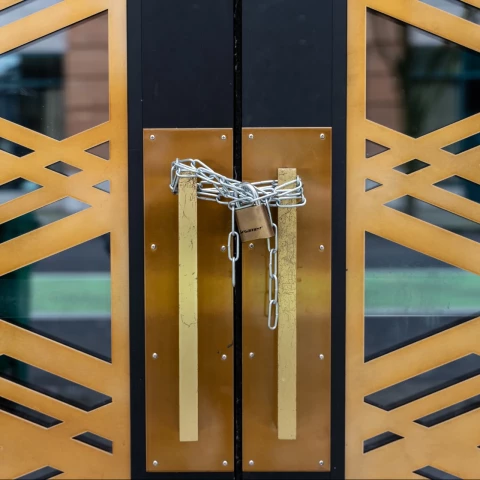Today sees the final day of business at any DVLA Registration Office thus ending an era of history and creating a significant inconvenience to millions of motorists.
A brief potted History of the DVLA Local Offices is below and despite many efforts by DVLA staff, stakeholders and the Motoring and Number Plate industry it has fallen on deaf ears and the decision made some two years ago followed through.
Originally there were 180 local number plate taxation offices when DVLA took over responsibility for vehicle registration and licensing from County Councils. By 1971, there were 81 Local DVLA Vehicle Licensing Offices (LVLOs) responsible for the registration of new and imported vehicles and licensing transactions not handled by Post Offices. The LVLOs also dealt with export licensing arrangements, trade registration plates, cherished transfers and carried out the local Vehicle Excise Duty (VED) enforcement duties.
In 1974, about 2,500 Post Office branches were able to issue VED tax discs.
Since 1974, many of the agencys internal processes have been automated and other services can be provided online. As a result, the structure of DVLAs local services network has changed and its size has been steadily reduced.
In 1985, the number of LVLOs was reduced to 53. By then, about 95% of all VED licensing transactions were completed at one of more than 4,000 Post Offices®. To reflect the changing nature of their work the LVLOs were renamed VDVLA Vehicle Registration Offices (VROs).
In 1995, DVLA introduced Automated First Registration and Licensing (AFRL), which enabled car manufacturers and dealers to register vehicles electronically, without the need to involve a VRO. The local network was reduced again, to 40 offices in 1997. Since 2000, they have been referred to as DVLA local offices. In 2008, the Luton office was closed bringing the network down to 39.
Since the introduction of AFRL, the DVLA has continued to provide more services electronically, including the introduction in 2004 of Electronic Vehicle Licensing (EVL), and more still are in the pipeline. After a review of local office functions in 2009, the network was developed to focus on providing an initial face-to-face contact for customers, with more of the associated processing work being centralised. DVLA Centralised Processing Units (CPUs) were established in Manchester, Swansea and Northampton to handle personalised registration and number plate transactions from across the network. A centralised operating model was also developed for the future management of enforcement casework.
With the closure of the last DVLA Local Offices, all customer-facing counter services from DVLA will be available through intermediaries (e.g. Post Office Ltd) and DVLA is embarking on the next phase of its transformation to offer more digital customer services.
Transfers of personalised number plates remain a severe problem with backlogs and ridiculous timescales in place which are not being adhered to and one arm of the DVLA contradicts what the other is saying.
Most particularly over the counter assignment of personalised DVLA Number Plates, issued by DVLA, which were an over the counter service have disappeared and whilst they can instantly take your money you cannot display the new number plate for a number of weeks. The DVLA need to address this as a matter of urgency!!
All 39 local offices are to be closed permanently in three tranches by Friday 13 December 2013.
Details available at www.gov.uk
